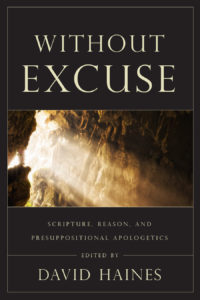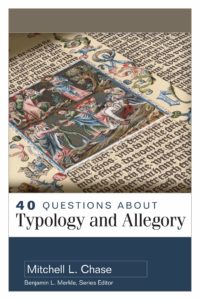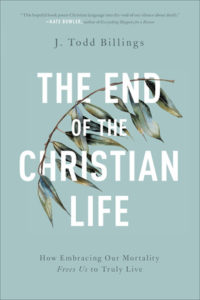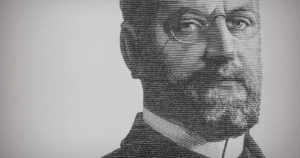
Author’s Corner
Each week on Credo we welcome you to join us in the Author’s Corner where we will meet a set of authors whose recent books deserve your attention and might even help you grow in your knowledge of theology, history, philosophy, and the scriptures. We hope the Author’s Corner can keep you up-to-date on the most important books published today and where you can find them.
On today’s Author’s Corner, we present you with a selection of titles from Davenant Press, Baker, and Kregel.
W ithout Excuse: Scripture, Reason, and Presuppositional Apologetics (Davenant Press, 2020) by David Haines
ithout Excuse: Scripture, Reason, and Presuppositional Apologetics (Davenant Press, 2020) by David Haines
The twentieth century was unkind to classical Reformed theology. While theological conservatives often blame liberals for undermining traditional Protestant doctrines, the staunchest conservatives and neo-Orthodox also revised several key doctrines. Although Cornelius Van Til developed presuppositional apologetics as an attempt to remain faithful to timeless Christian truth as the Reformed tradition expresses it, he sacrificed the catholic and Reformed doctrine of natural revelation in the process.
“The invisible things of him from the creation of the world are clearly seen, being understood by the things that are made . . . so that they are without excuse,” writes the Apostle Paul. Without Excuse seeks to grapple with this indictment and show how Van Til’s presuppositionalism fails as an account of natural revelation in light of Scripture, philosophy, and historical theology. It argues that these three sources speak with one voice: creation reveals itself and its God to the believer and unbeliever alike.
4 0 Questions About Typology and Allegory (Kregel, 2020) by Mitchell L. Chase
0 Questions About Typology and Allegory (Kregel, 2020) by Mitchell L. Chase
A biblical type is a person, place, or thing in salvation history that corresponds to a later person, place, or thing in the scriptural text. An allegory is a passage that says one thing in order to say something else. Both are common literary devices in the Bible that are vital for understanding truths about Jesus Christ found nowhere else.
In 40 Questions About Typology and Allegory, Mitchell Chase provides a thorough introduction to both devices, showing where they appear throughout Scripture and the historical roles they have played in biblical interpretation. In a convenient question-and-answer format, Chase answers key questions such as:
- Why should interpreters care about typology and allegory?
- How do we identify types?
- What are the theological assumptions of typology?
- Do all types lead to Christ?
- What is allegorical interpretation?
- How was allegory practiced in the early church?
- How should we practice allegorical interpretation?
Situating typology and allegory within salvation history, Chase shows how these devices reveal the interconnectedness of Scripture and commonly overlooked aspects of Christ’s person and work. Scholars, Bible teachers, and preachers will find this an essential resource for interpreting Scripture more comprehensively.
T he End of the Christian Life: How Embracing Our Mortality Frees Us to Truly Live (Baker, 2020) by J. Todd Billings
he End of the Christian Life: How Embracing Our Mortality Frees Us to Truly Live (Baker, 2020) by J. Todd Billings
We’re all going to die. Yet in our medically advanced, technological age, many of us see death as a distant reality–something that happens only at the end of a long life or to other people.
In The End of the Christian Life, Todd Billings urges Christians to resist that view. Instead, he calls us to embrace our mortality in our daily life and faith. This is the journey of genuine discipleship, Billings says: following the crucified and resurrected Lord in a world of distraction and false hopes.
Drawing on his experience as a professor and father living with incurable cancer, Billings offers a personal yet deeply theological account of the gospel’s expansive hope for small, mortal creatures.
Artfully weaving rich theology with powerful narrative, Billings writes for church leaders and laypeople alike. Whether we are young or old, reeling from loss or clinging to our own prosperity, this book challenges us to walk a strange but wondrous path: in the midst of joy and lament, to receive mortal limits as a gift, an opportunity to give ourselves over to the Lord of life.

